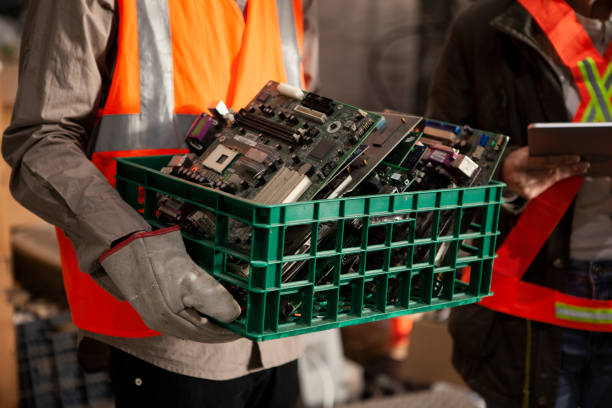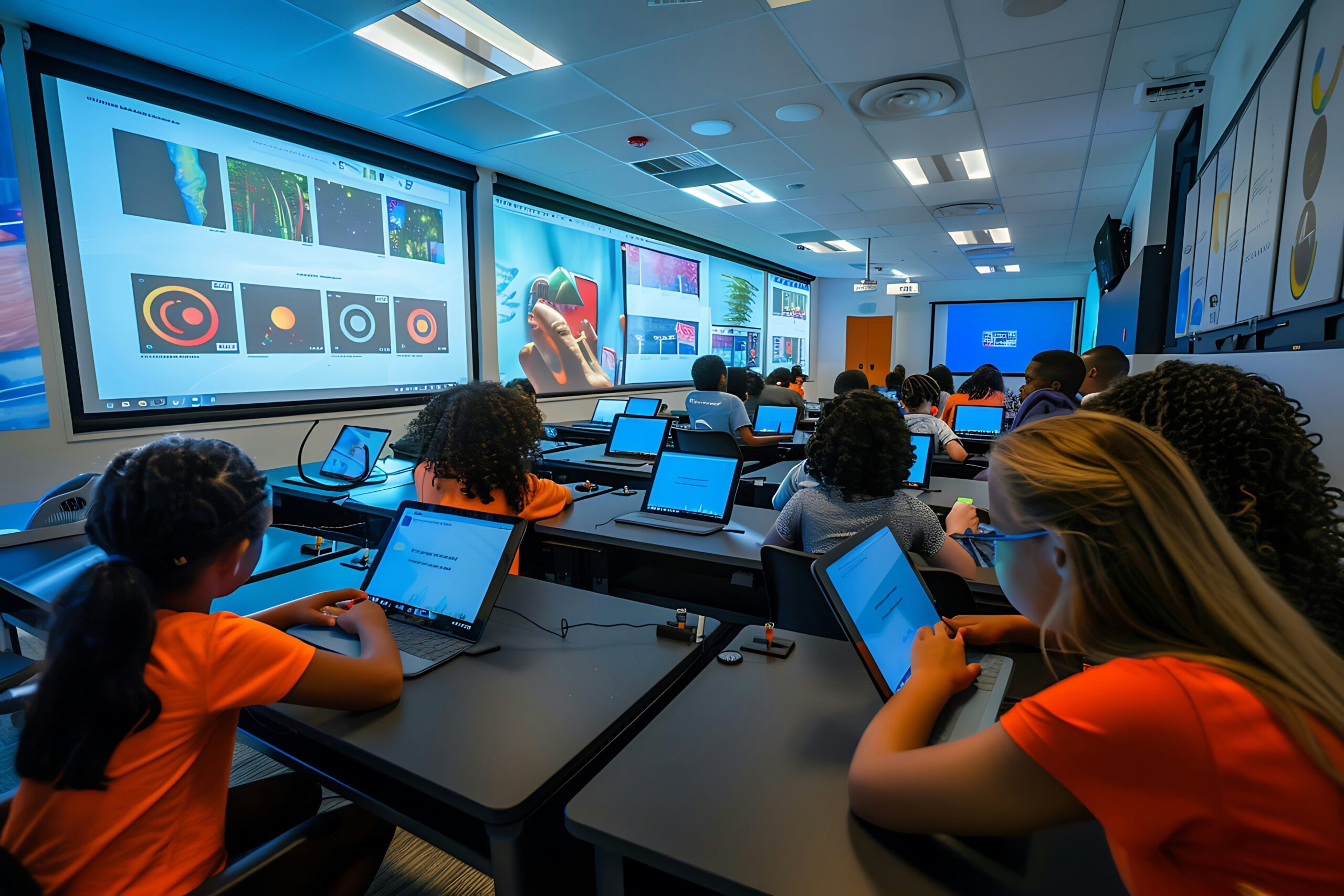The escalating e-waste crisis poses a dual challenge and opportunity for Africa’s education and sustainability sectors. With millions of tonnes of discarded electronics accumulating each year, the need for innovative, sustainable solutions has never been greater. At the intersection of environmental stewardship and educational equity lies a dynamic career landscape offering tremendous potential for students, educators, universities, NGOs, and international organizations.
The Growing Demand for E-Waste and Sustainable Technology Careers
E-waste management, sustainable design, and circular economy innovations are emerging as critical pillars of the green economy. Careers in this sector are rapidly expanding, driven by:
- Increased government and international commitment to environmental sustainability and SDG 12 (Responsible Consumption and Production).
- The urgent necessity to reduce hazardous waste and recover valuable materials through recycling and upcycling.
- The rise of green technologies and sustainable product development requiring skilled professionals.
Key career pathways include environmental engineering, sustainability consulting, e-waste policy advising, green tech entrepreneurship, and research in waste upcycling technologies.
Spotlight on Leading Opportunities
1. E-Waste Africa Expo & Conference 2025
Africa’s foremost platform for e-waste professionals, the E-Waste Africa Expo & Conference convenes industry leaders, innovators, policymakers, and students to explore the latest technologies and strategies in e-waste management. The event features:
- Workshops and training sessions
- Networking with global experts
- Showcasing circular economy innovations
This expo offers students and educators invaluable exposure to emerging trends, practical solutions, and career pathways in sustainable waste management.
2. RMIT University Master’s by Research Scholarship in Sustainable Waste Upcycling Technology
For students aspiring to deepen their expertise, the RMIT University Master’s by Research Scholarship offers a fully funded pathway into cutting-edge research on sustainable waste upcycling technology. This program provides:
- Hands-on research experience in transforming waste into valuable resources
- Access to international networks and academic mentorship
- A platform for developing innovative solutions that align with SDG 4 (Quality Education) and SDG 13 (Climate Action)
The Role of Educational Institutions and NGOs in Talent Development
Universities and NGOs play a pivotal role in preparing students for these emerging green careers by:
- Developing specialized curricula and certification programs focused on e-waste and sustainability.
- Partnering with industry stakeholders to provide internships, mentorship, and practical training.
- Facilitating innovation challenges and research projects that empower students to create scalable solutions.
Inspiring Examples Driving Change
Organizations like ECO STEM Africa are pioneers in leveraging e-waste to create educational tools and STEM labs, directly addressing both education inequality and environmental sustainability. Their model exemplifies how repurposing e-waste not only reduces environmental harm but also democratizes access to quality education.
Take Action: Explore and Engage
Students, educators, and institutions interested in sustainable careers are encouraged to:
- Attend industry expos like the E-Waste Africa Expo & Conference to build networks and knowledge.
- Apply for research scholarships and internships that offer practical experience in sustainable waste management.
- Collaborate with organizations championing circular economy solutions to gain real-world insights.
By engaging with these opportunities, you can contribute to a sustainable future where e-waste becomes a resource, not a burden.
Conclusion
The e-waste sector represents a frontier of innovation and career potential critical to Africa’s sustainable development. Through targeted education, research, and collaboration, students and professionals can turn environmental challenges into opportunities—fueling a circular economy and advancing SDGs 4 and 13. Explore these opportunities today and be part of Africa’s green future.




